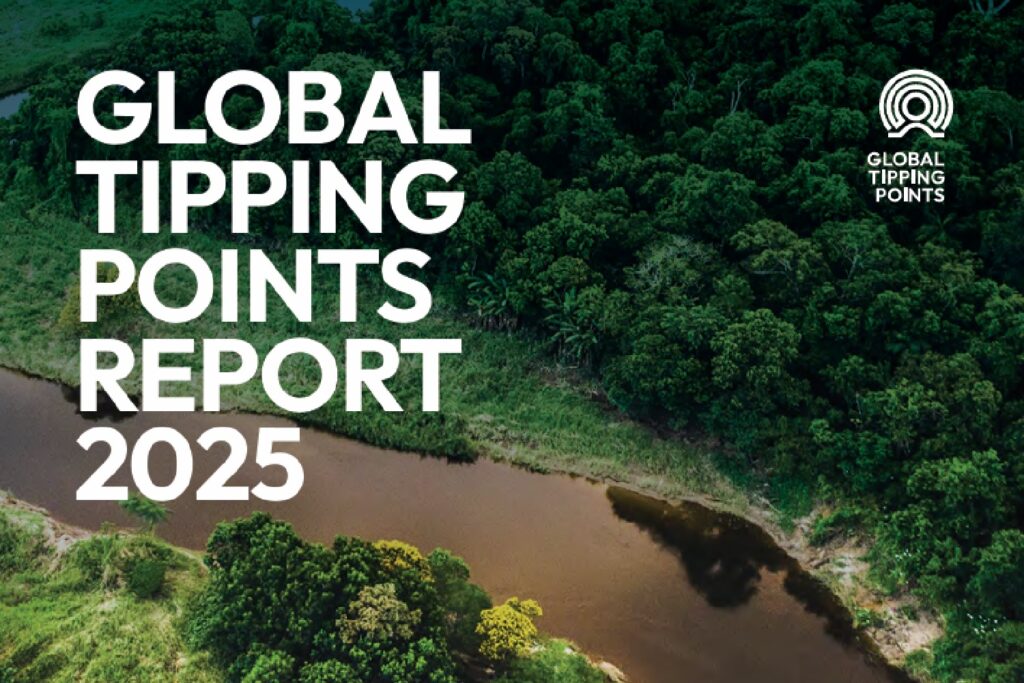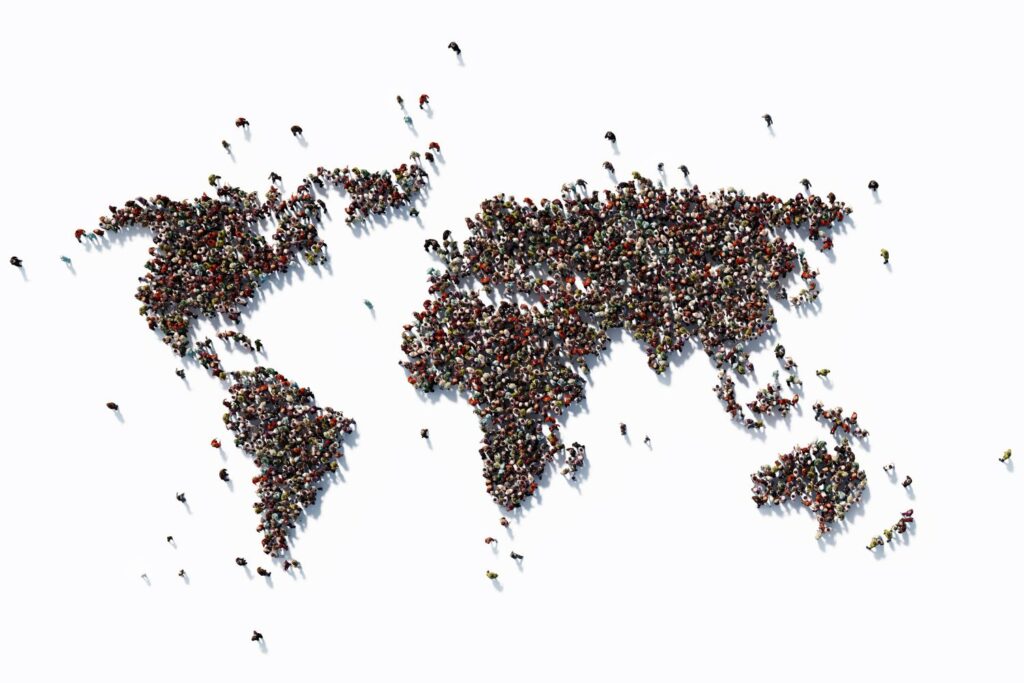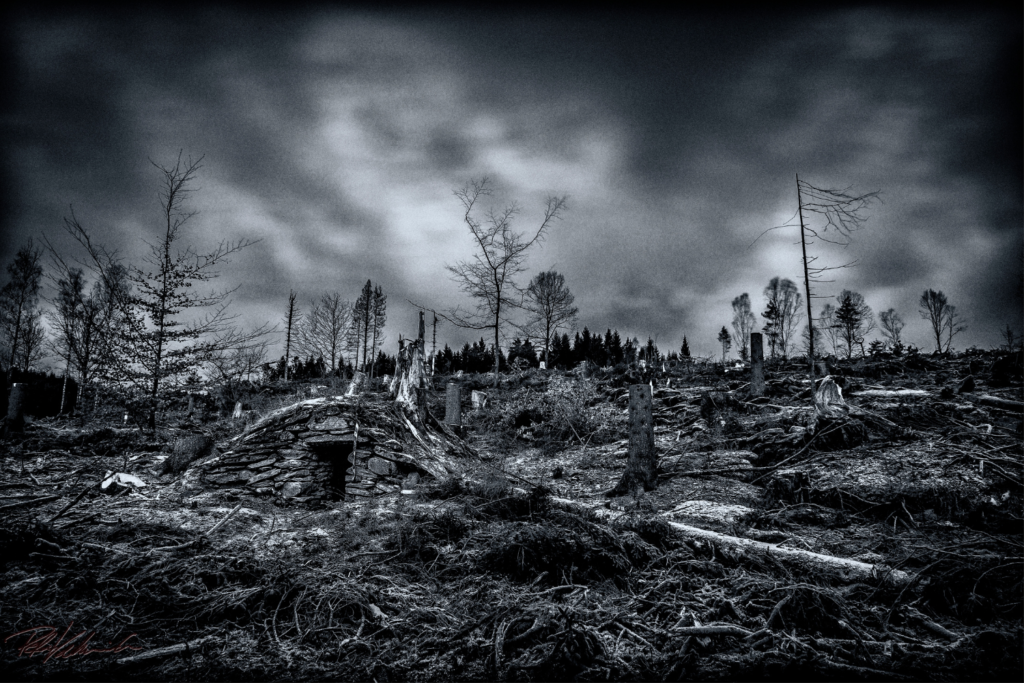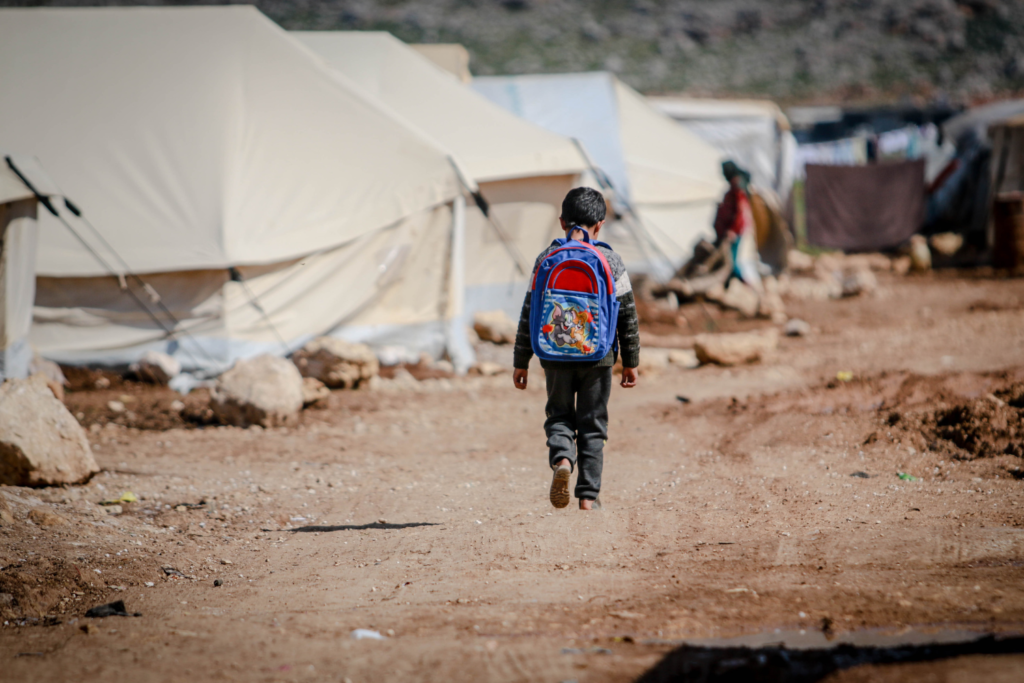Artificial Intelligence, Integral Ecology, and the Planetary Polycrisis: Insights from Laudato Si’ and Laudate Deum for Sustainable and Just AI Governance
The authors explore the ethical and ecological implications of artificial intelligence (AI) within the context of the planetary polycrisis. Applying the See–Judge–Act framework, the study assesses the ecological impacts and societal effects of current AI developments, analyzes these findings through the lens of integral ecology, and offers normative and policy recommendations that emphasize respect for […]









